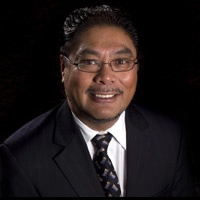Happy Valley Misdemeanor Lawyer, Oregon
Sponsored Law Firm
-
 x
x

Click For More Info:
-
Oliveros Law Group, P.C.
9200 S.E. Sunnybrook Boulevard Suite 335 Clackamas, OR 97015» view mapCriminal Defense, Divorce & Family Law 007 Law
At Oliveros Law Group P.C, our attorneys help clients understand their rights when they have been injured due to the deliberate or careless act of another person.
800-797-7891
Not enough matches for Happy Valley Misdemeanor lawyer.
Below are all Happy Valley Criminal lawyers.
Gregory P. Oliveros
✓ VERIFIEDDivorce & Family Law, Criminal, Accident & Injury
Gregory Paul Oliveros was born and raised in the Portland area. After graduating from the Oregon College of Education in 1973, he taught in the Portla... (more)
Randall Vogt
Sexual Harassment, Sexual Harassment, Criminal, Civil & Human Rights, Personal Injury
Status: In Good Standing
Priscilla L. Seaborg
US Courts, Family Law, Divorce & Family Law, Juvenile Law, Criminal
Status: In Good Standing
FREE CONSULTATION
CONTACTMark C Cogan
Traffic, White Collar Crime, Constitutional Law, Civil Rights
Status: In Good Standing Licensed: 42 Years
Chad Eugene Schaff
Criminal, Personal Injury, Bankruptcy & Debt, Divorce & Family Law
Status: In Good Standing Licensed: 23 Years
 Gregory Oliveros Clackamas, OR
Gregory Oliveros Clackamas, OR Practice AreasExpertise
Practice AreasExpertise

